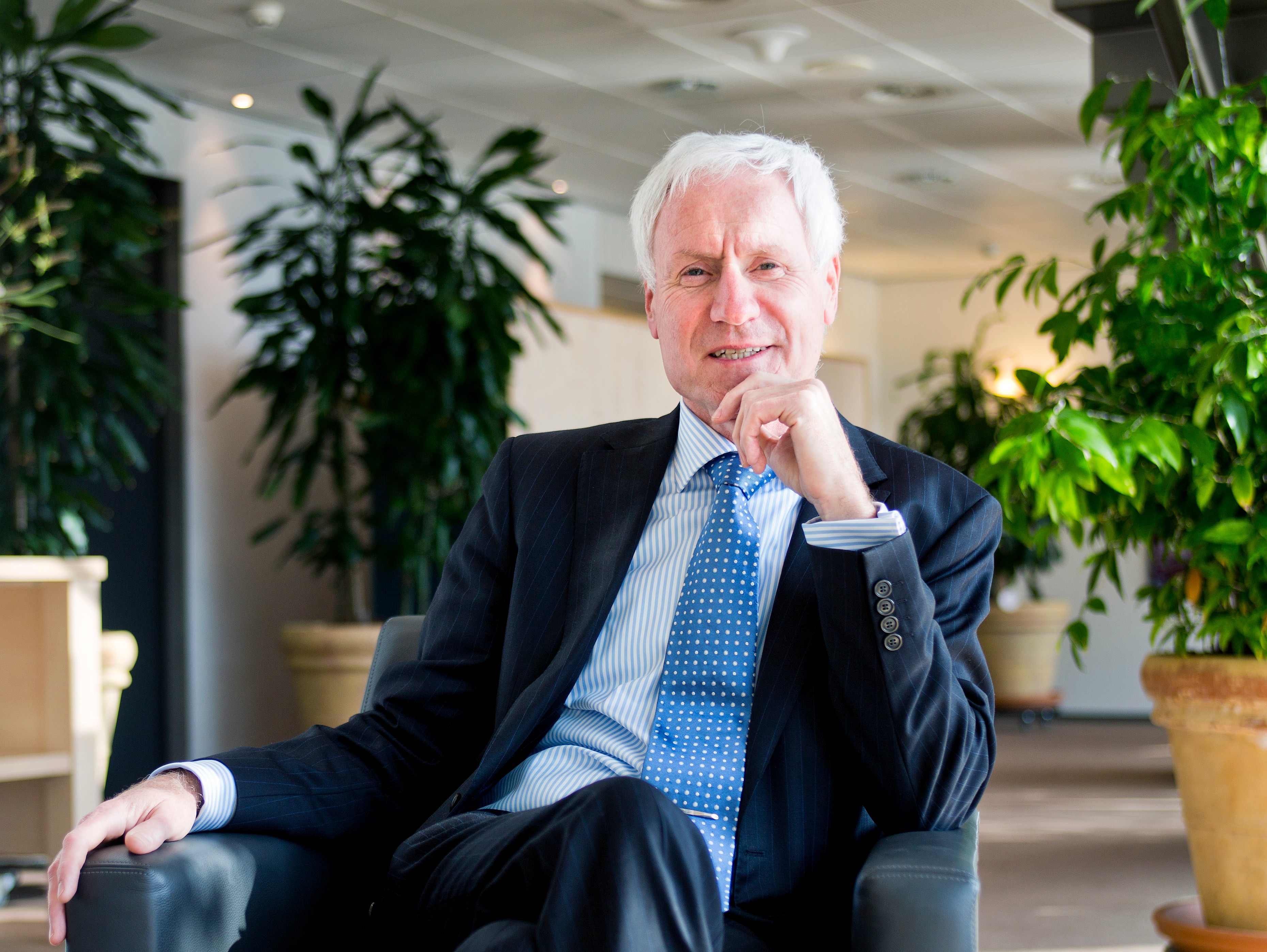
Our Minister of Agriculture, Carola Schouten, has established her vision on agriculture under the heading 'Valuable & Connected'. The vision offers prospects for the animal chain and certainly for our meat industry as well. The minister acknowledges that our agricultural sector with its progressive production methods and trendsetting products is vital for the Netherlands. That is a welcoming show of appreciation. And the Dutch agricultural sector was very pleased when our King repeated this in his Speech from the Throne.
Minister Schouten's vision is challenging. Challenges we can and will take up as a chain. We will close circles more and more. We will do this on a local or regional level wherever we can, but globally as well when we have to. It is the broader view on the matter which I appreciate in this document. Our international sales market is crucial to develop and add value to meat (products) - and by-products - and to create sufficient returns. And that, in turn, is the necessary base in order to invest in a further sustainability of the entire production and to remain a frontrunner.
Having just returned from a trade mission to China, you realise how much the Chinese admire the way we deliver top-quality products while using sustainable production systems. And how we can guarantee the quality, safety, and, to a growing extent, the sustainability or, if you prefer, the circularity.
As the minister puts circularity on the agenda, with good right and reason, I would like to add that we also need to look at the impact of laws and regulations with an open mind. What do we think of recalls of products for purely administrative reasons, even though the product may still be perfectly fine? How do we handle best-before dates, which are the biggest source of household food waste? Are we rational enough when we want to optimally utilise waste flows from the food industry? With regard to meat inspections, is the rejection of animals or carcasses based on years' old risk analyses (still) in balance with the loss of high-grade protein?
And then there is the impact of animal disease policies. Mid-September, African swine fever (ASF) was found among wild boar in Belgian Luxembourg. A large number of Asian countries consequently closed their markets for Belgium, which is in line with agreements made within the OIE. That may be the case. I just want to explain that we can find ourselves in a situation in which high-grade animal protein may have to be destroyed on a huge scale. Notwithstanding veterinarian arguments or welfare aspects, this will soon be impossible to explain within the framework of sustainability or circularity. In the Netherlands, let us at least do our utmost to keep the disease away from our doorstep. But let us also accept on a global level that regionalisation is acceptable and that we have to make a distinction between animal diseases among farmed livestock and among wild animals.
In short: as a former colleague said to me at the start of my career: 'Rejection is easy, but approving in a responsible manner requires knowledge and courage'. And so this circle has closed as well...
Jos Goebbels, Chairman COV and VNV
Source: © Vakblad Voedingsindustrie 2018